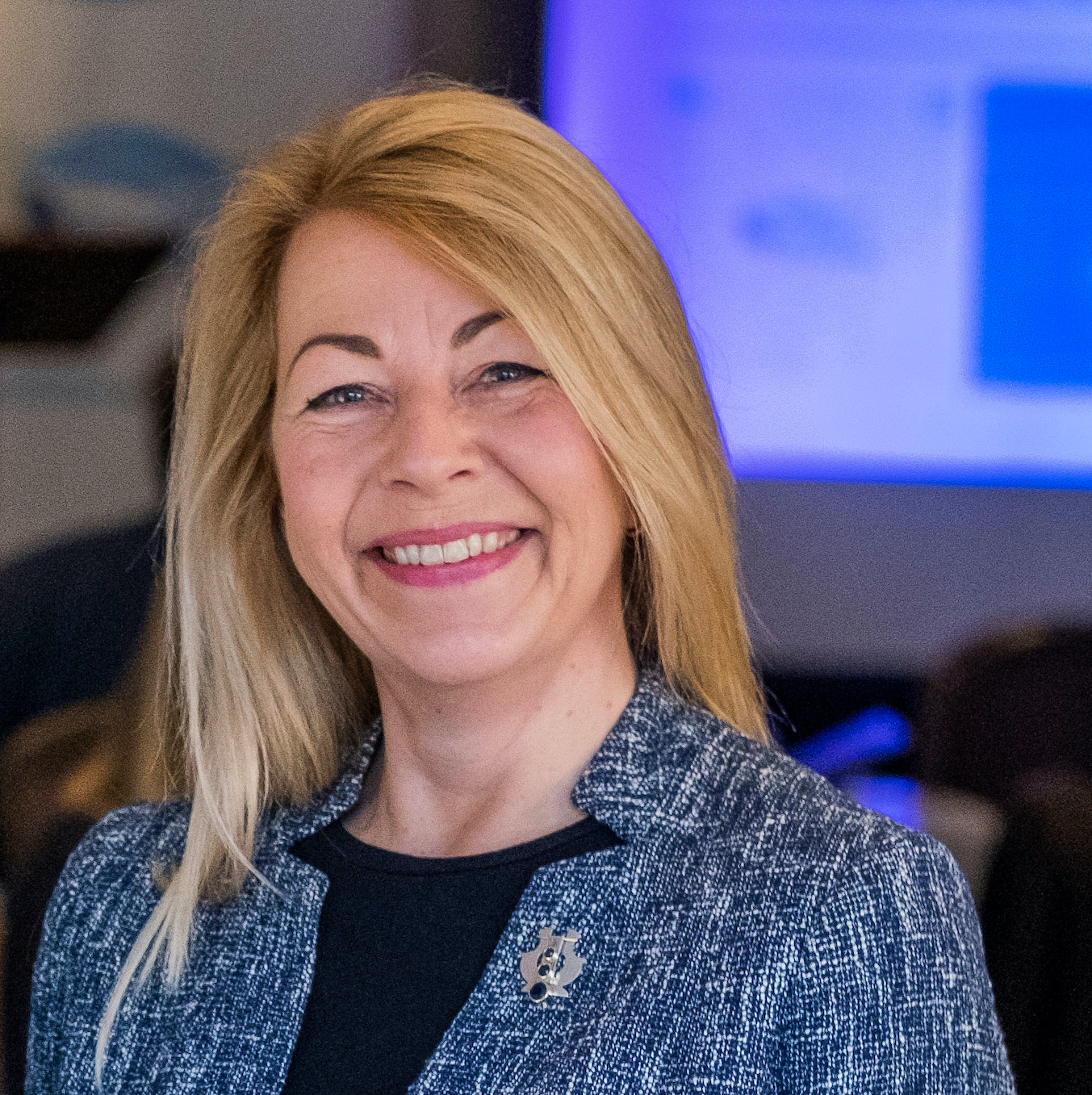International call for projects on sea lice resistance
The Norwegian Seafood Research Fund (FHF) has launched an international call for research projects to explore new possibilities for sea lice resistance in Atlantic salmon.
The objective of FHF’s new grant funding is to explore the potential for using genetic traits and mechanisms of lice resistance in Pacific salmon as tools to achieve an Atlantic salmon with high or full sea lice resistance.
The total budget for the call is limited to NOK 40 million (upwards of £3m), and more than one project may be considered for funding.
Background
The sea louse (Lepeophtheirus salmonis) is currently the most challenging issue for the salmon aquaculture industry in the North Atlantic Region. The industry is employing a range of counter measures in order to prevent and control lice infestations. These include shielding of net pens with skirts or using semi-closed containment systems to prevent lice copepodites from finding the salmon; cleaner fish that predate on the lice; laser technology; application of pharmaceuticals through bath immersion treatments or oral administration; and different mechanical delousing technologies. There are also ongoing research projects for developing lice vaccines.
It is well known that Pacific salmon – both Coho salmon (Oncorhynchus kisutch) and Pink salmon (Oncorhynchus gorbuscha) – is resistant against sea lice. This resistance is expressed as a response from the salmon to prevent the successful attachment and/or development of sea lice, and not as a tolerance for high infestation levels of lice.
The aquaculture industry has expressed interests in understanding the resistance traits of Pacific salmon. Together with new methodological, scientific opportunities for genetic engineering, such understanding of the resistance traits can support exploring the potential to achieve an Atlantic salmon with increased or complete resistance against salmon lice. This also implies a need for knowledge on the potential adaptations by the sea lice in response to a ‘resistant’ Atlantic salmon.
Discover the details of the funding call here.
Download the funding call detailsShare this
